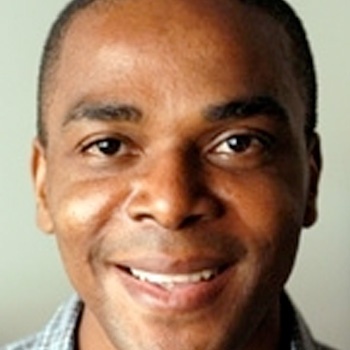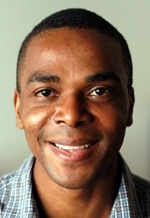The trailblazers in human, academic, scientific and religious freedom have always been in the minority… It will take such a small committed minority to work unrelentingly to win the uncommitted majority. Such a group may transform America’s greatest dilemma into her most glorious opportunity.
Background
Koffi N. Maglo is associate professor at the University of Cincinnati. He is also a consultant for the National Human Genome Center at Howard University. Maglo holds BAs in philosophy and in education from the University of Lomé in Togo. He also earned MAs in philosophy and in education, as well as a PhD in philosophy, from the University of Burgundy in France.
Interests
Maglo’s research centers on history and philosophy of science, Newtonian mechanics, philosophy of biology and biomedicine, ethics and population health, race, history of 17th- and 18th-century physics, African philosophy. In the area of bioethics and philosophy of biology, his work focuses particularly on issues related to population stratification concepts in genomics and their moral permissibility in evidence-based medicine. At a more theoretical level, his research in the history of physics and in the philosophy of biology deals with questions about the reality, validity and utility of scientific notions.
During his stay he conducted research and co-taught a course with Prof. Sally Haslanger titled “Classification, Natural Kinds, and Conceptual Change: Race as a Case Study” (24.892).
Sample Work
Book Chapter
Bachelard et la négation positiviste de l’imagination scientifique
“Bachelard et la négation positiviste de l’imagination scientifique,” pp. 30-42, in Actualité et postérité de Gaston Bachelard, Presses Universitaires de France, 1997.
Publication
The Reception of Newton’s Gravitational Theory by Huygens, Varignon, and Maupertuis: How Normal Science May Be Revolutionary
“The Reception of Newton’s Gravitational Theory by Huygens, Varignon, and Maupertuis: How Normal Science May Be Revolutionary,” pp.135-69, in Perspectives on Science, MIT Press, 11: 2, 2003

